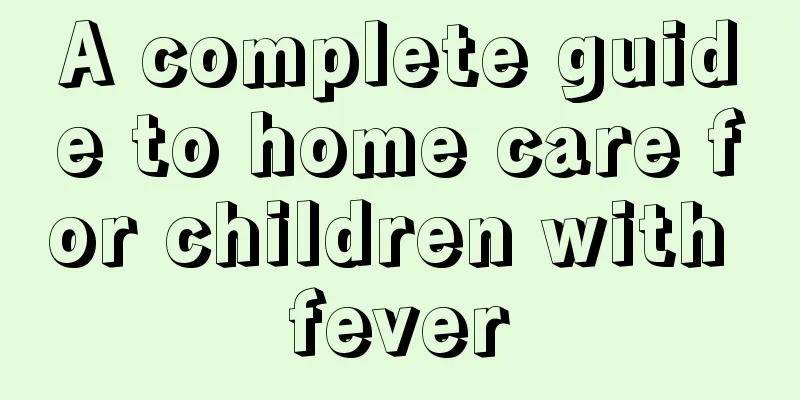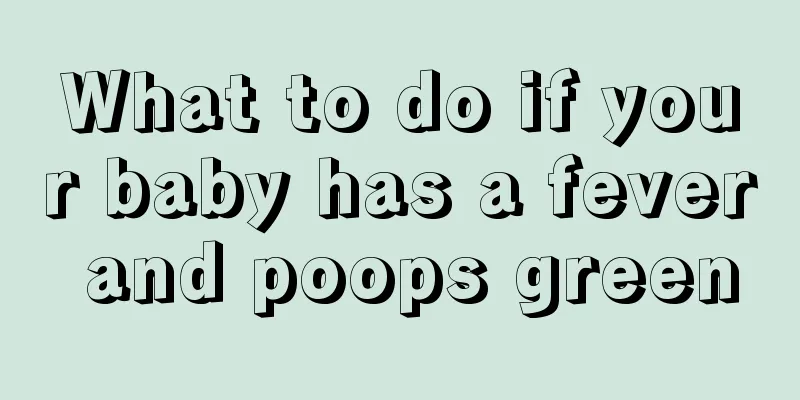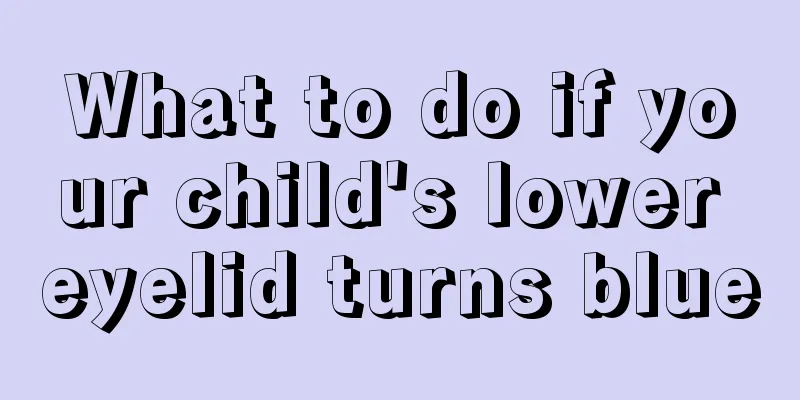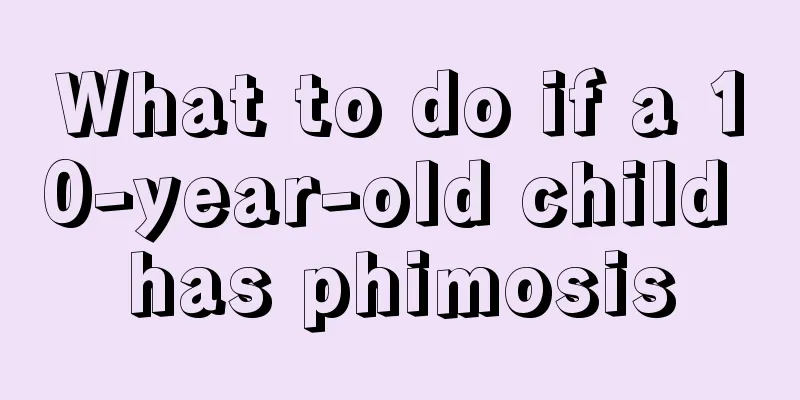What to do if your baby has intestinal infection
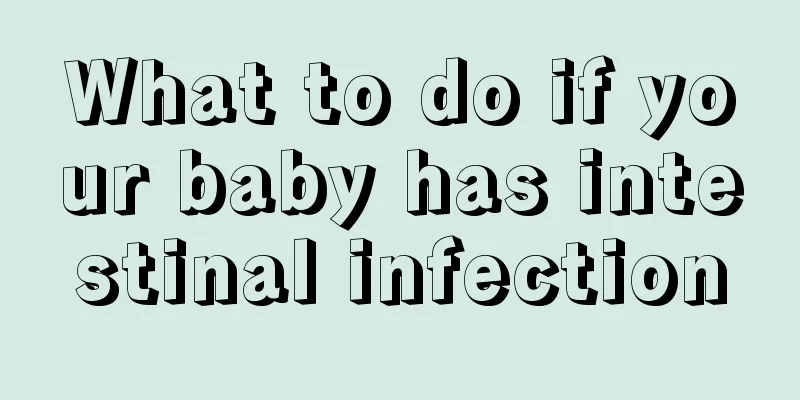
|
Many babies are young and in a period of rapid growth and development, so they are prone to intestinal infections, which can cause diarrhea. If not treated in time, it will have a certain impact on the growth and development of the baby. In severe cases, it may even cause dehydration in the baby. Therefore, in order for the baby to grow up healthily, such symptoms must be adjusted in time. Let’s take a look at what to do if the baby has intestinal infection? What to do if your baby has intestinal infection The clinical manifestations of enterovirus infection are complex and varied, and the severity of the disease varies greatly. The same type of virus can cause different clinical syndromes, while different types of viruses can cause similar clinical manifestations. (I) Respiratory tract infections can be caused by many types of echovirus and coxsackievirus, with upper respiratory tract infections being the most common, but can also cause lower respiratory tract infections such as infant pneumonia. Enterovirus 68 can cause bronchiolitis and pneumonia in children. (ii) Herpangina is mainly caused by Coxsackie A and B viruses, and less commonly by echovirus. The disease occurs throughout the world, either sporadically or in epidemic forms, but is more common in summer and autumn. Highly contagious. The average incubation period is about 4 days, and the symptoms include fever, sore throat, pharyngeal congestion, and scattered gray-white papules and blisters in the throat, with a diameter of 1 to 2 mm and a red halo around them. After the blisters rupture, yellow ulcers form, which are more common on the tonsils, soft palate, and uvula. It usually heals itself after 4 to 6 days. (III) Eruptive diseases are also called epidemic ixanthemata, which can be caused by coxsackievirus and echovirus. It is more common in infants and children and less common in adults. The incubation period is 3 to 6 days. There are often upper respiratory tract symptoms such as fever and sore throat before the rash appears. The rash appears when fever occurs or fever subsides, and is polymorphic, including maculopapular rash, maculo-rash, scarlet fever-like rash, rubella-like rash, herpes and urticaria-like rash. Different forms of rash may exist at the same time or appear in batches. It may be accompanied by swollen lymph nodes throughout the body or in the neck and occipital area. (IV) Hand, foot and mouth disease is mainly caused by Coxsackievirus types A5, 9, 10 and 16, especially A16. It mostly occurs in children under 5 years old, is highly contagious, and can occur in epidemic or sporadic forms. Initial symptoms include low fever, anorexia, mouth pain, etc. Small blisters appear on the oral mucosa, which then break down to form ulcers. They are mostly distributed on the posterior tongue, cheeks and hard palate, and can also be seen in the gums, tonsils and pharynx. Maculopapular rashes often appear on the skin of the hands and feet, and occasionally on the trunk, thighs, and buttocks. The maculopapular rash quickly turns into small blisters, which are smaller than the chickenpox rash and are absorbed within 2 to 3 days without leaving scabs. The prognosis is good, but recurrence is possible. Sometimes it may be accompanied by aseptic meningitis, myocarditis, etc. (V) Meningitis, encephalitis and paralytic diseases Coxsackievirus A, B and many types of echovirus as well as enterovirus 71 can cause these diseases. The above is an introduction to what to do if an infant has intestinal infection. After understanding it, we know that when such symptoms appear, we must make timely adjustments. First of all, we must find out what caused it. If it is a dietary problem, we must make timely adjustments. In addition, when such symptoms appear, we must observe the child’s mental state more. If there is any mental abnormality, we must go to the hospital for examination and treatment in time. |
<<: How to prevent lateral ventricle enlargement in infants
Recommend
The child has no fever but coughs
When children have a cold, there are several obvi...
What to do if your child has stomach problems
Nowadays, many children suffer from stomach probl...
What can children eat to grow taller?
A child's height is related to his or her nor...
How to treat congenital amblyopia in children?
Amblyopia refers to the absence of obvious organi...
What should I do if my child has hereditary emaciation?
It is said that a person's figure depends on ...
Why does my child's legs become weak when walking?
Every baby that comes into the world makes family...
Shoulder twitching in children
When parents are taking care of their children, t...
Treatment of pneumonia and bronchitis in children
We all know that children are in a period of rapi...
How to improve the physical fitness of premature babies?
The shorter the time the fetus stays in the mothe...
How much do children usually grow in a year?
A person's height will stop growing at a cert...
How much is normal for jaundice to subside?
Many newborns will develop jaundice a few days af...
What should I do if my child has a fever repeatedly at night?
What should we do if our children have repeated f...
The harm of alcohol cooling to children
The effect of alcohol on cooling down is not unfa...
When is the best time for young children to brush their teeth?
Many times, first-time mothers wonder at what age...
What should I do if my premature baby has bloating?
Babies are more prone to bloating, especially whe...
